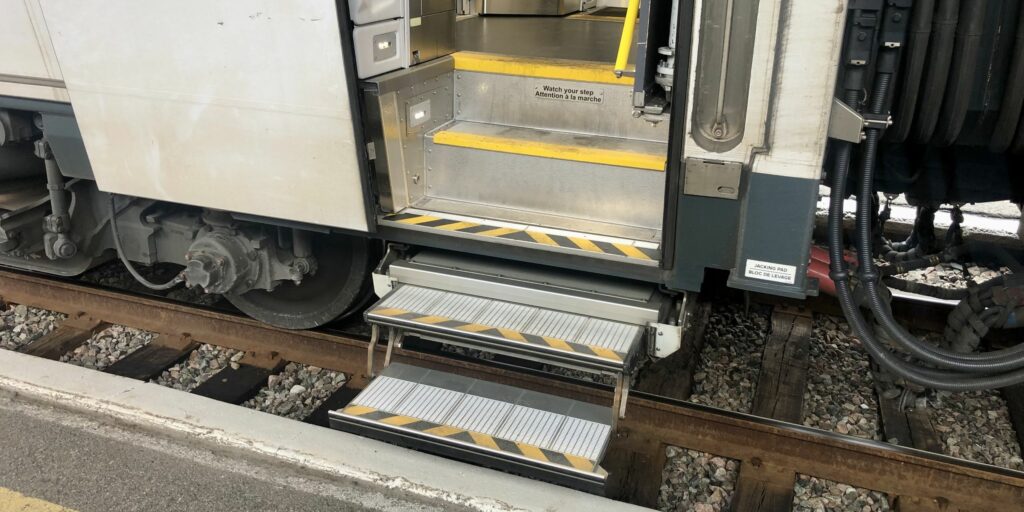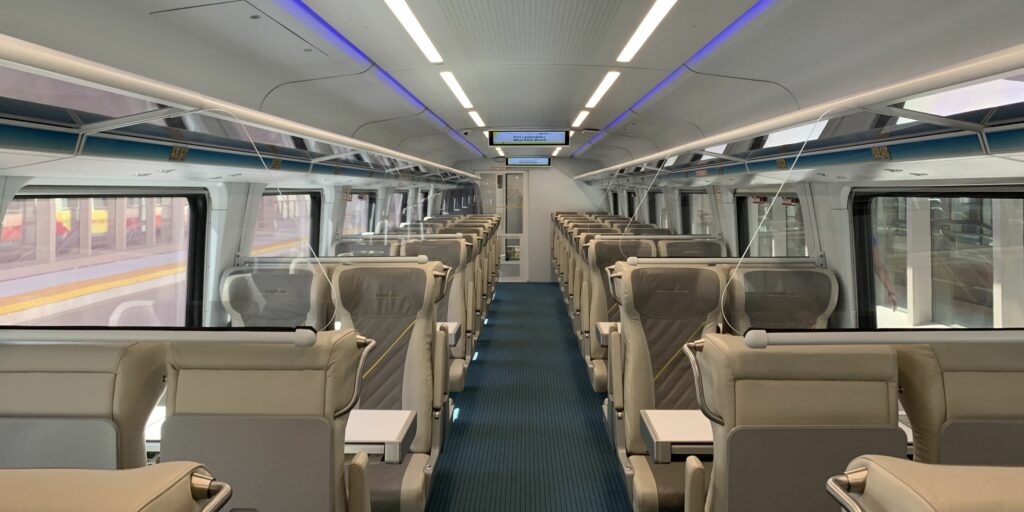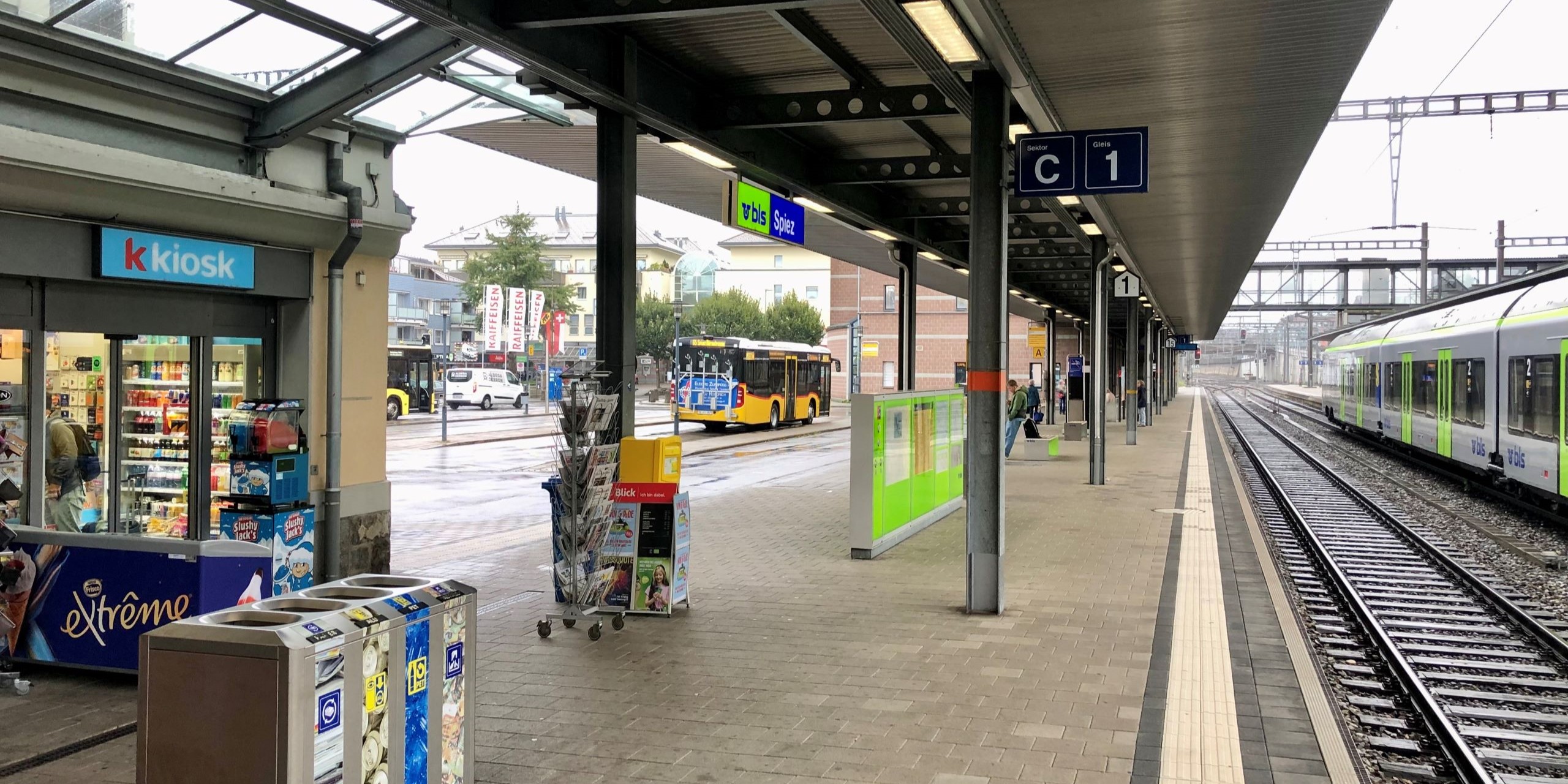GDT > New Train For Colorado > Train Platform Heights
America’s Platform Heights
A critical design consideration is platform height, which affects how easily passengers, including those using mobility devices, can board trains.
High Floor (48-51”)
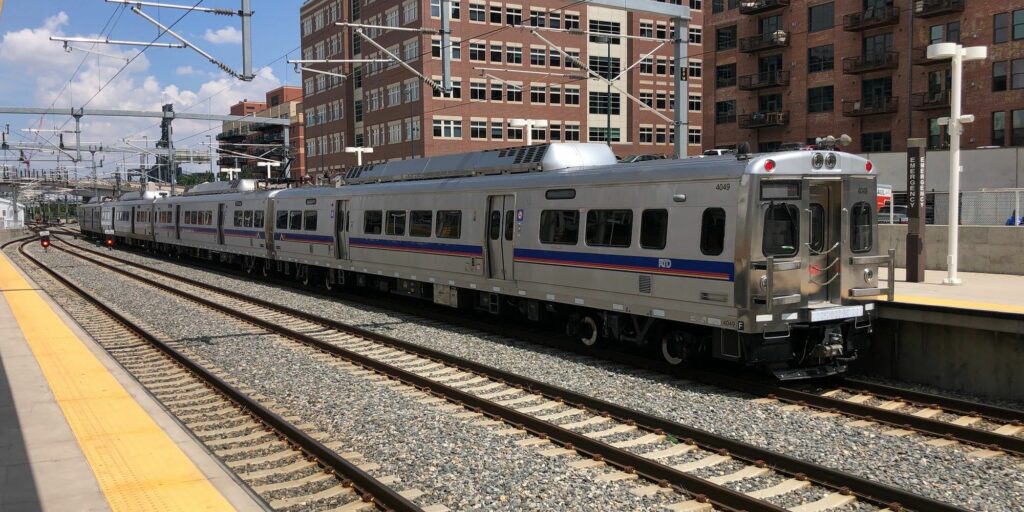
High floor platforms enable fast, level boarding at all doors for the majority of existing intercity passenger rail equipment in North America compatible. In addition, the RTD commuter rail infrastructure in Denver is equipped with high floor platforms, including 6 out of the 8 tracks at Union Station. However, high platforms cannot be simply built up against mainline freight tracks, as they would infringe the loading gauge. Therefore this type of platform needs to be located on separate station sidings, or set back for the mainline freight track with either ‘gauntlet tracks’ (not favored by the freight railroads), drawbridges or large bridge plates used to provide step-free access from platform to train car.
Low Floor (22-24”)
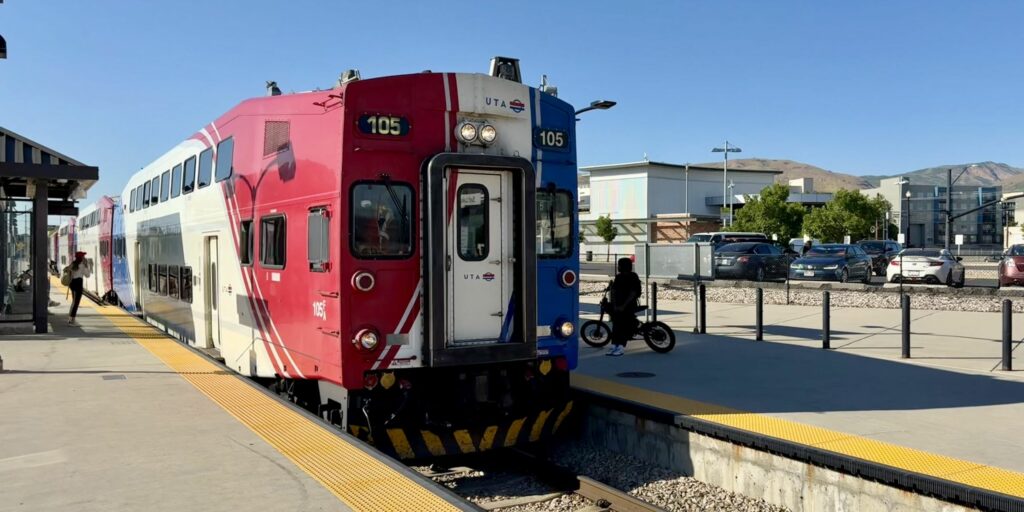
Low floor platforms enable the same fast, level boarding at all doors as high floor platforms but for a limited selection of train types. Equivalent 24” platforms are extremely rare, and so far have only been installed on routes with dedicated passenger tracks such as UTA’s FrontRunner in the Salt Lake City metro area. Just like their high floor counterparts, low floor platforms also cannot be installed by mainline freight tracks meaning and an additional solution to facilitate level boarding is required.
Very Low Floor (8”)
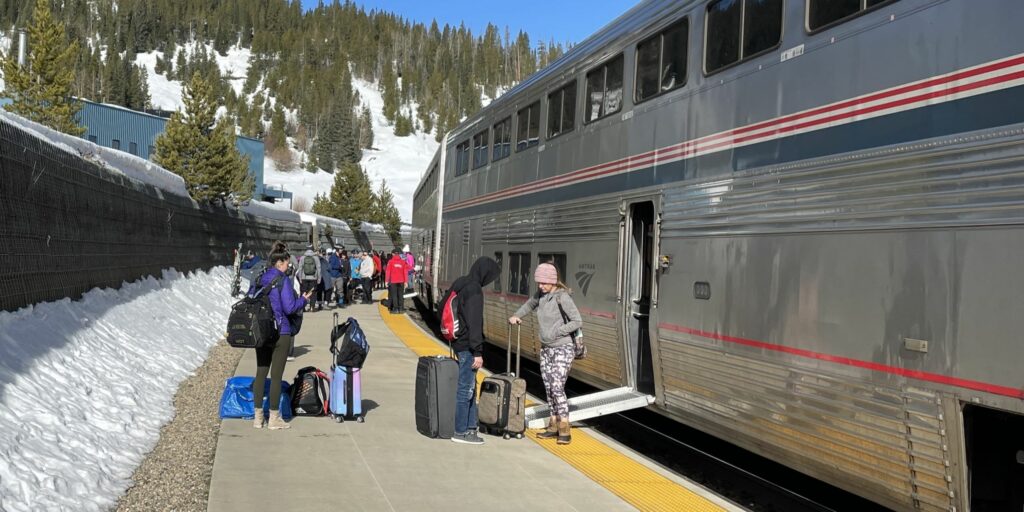
Very low floor platforms are the only ones that can be built up against a mainline freight track without affecting the loading guage. However the disadvantage is that all trains require some sort of change in height to board. While this can be a simple as a ramp for Amtrak’s ‘Superliner’ vehicles, which have a car floor height of 18″, most other train types, including those with 51″ and 24″ floors, will require door stairwells, external ramps, lifts or high-blocks to board. Very low floor platforms pose particular problems for passengers using mobility devices, as assistance is usually required from station or on-train staff to board.
Use of High Floor Passenger Equipment
High floor (51″) passenger equipment can be used with all platform heights if stairwells and retractable external stairs are installed at doors not used by ADA passengers. When the cars are used with high floor platforms, the stairwells can be plated over, either on a permanent or temporary basis. These means that it can be a prudent decision to ‘futureproof’ the rolling stock used on a starter system that initially has very low floor platforms with high floor cars in the anticipation that platform heights will be raised in the future.
